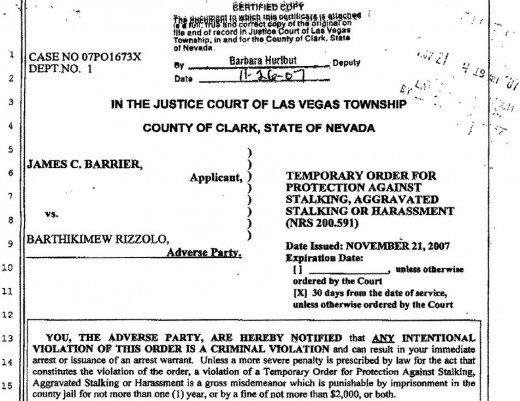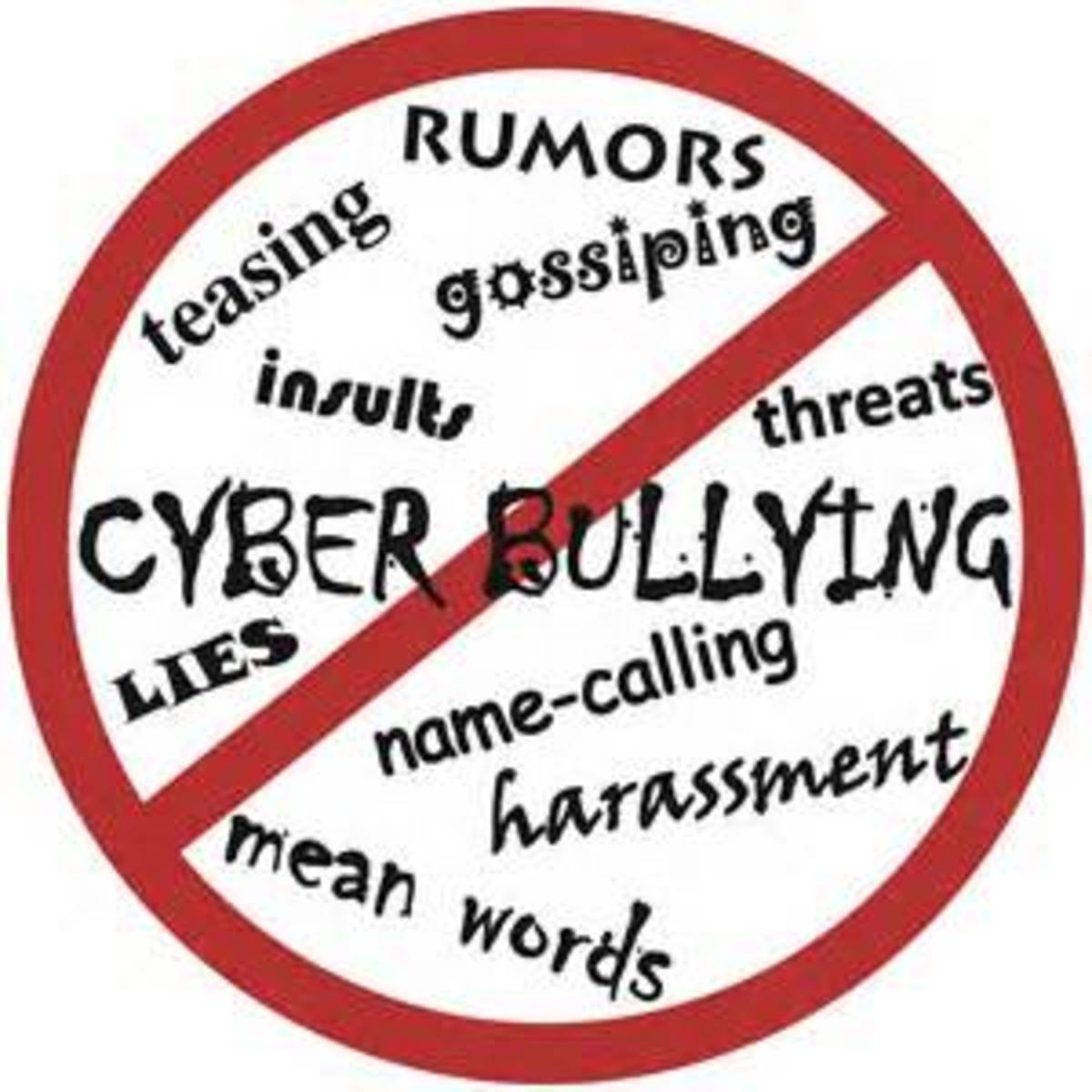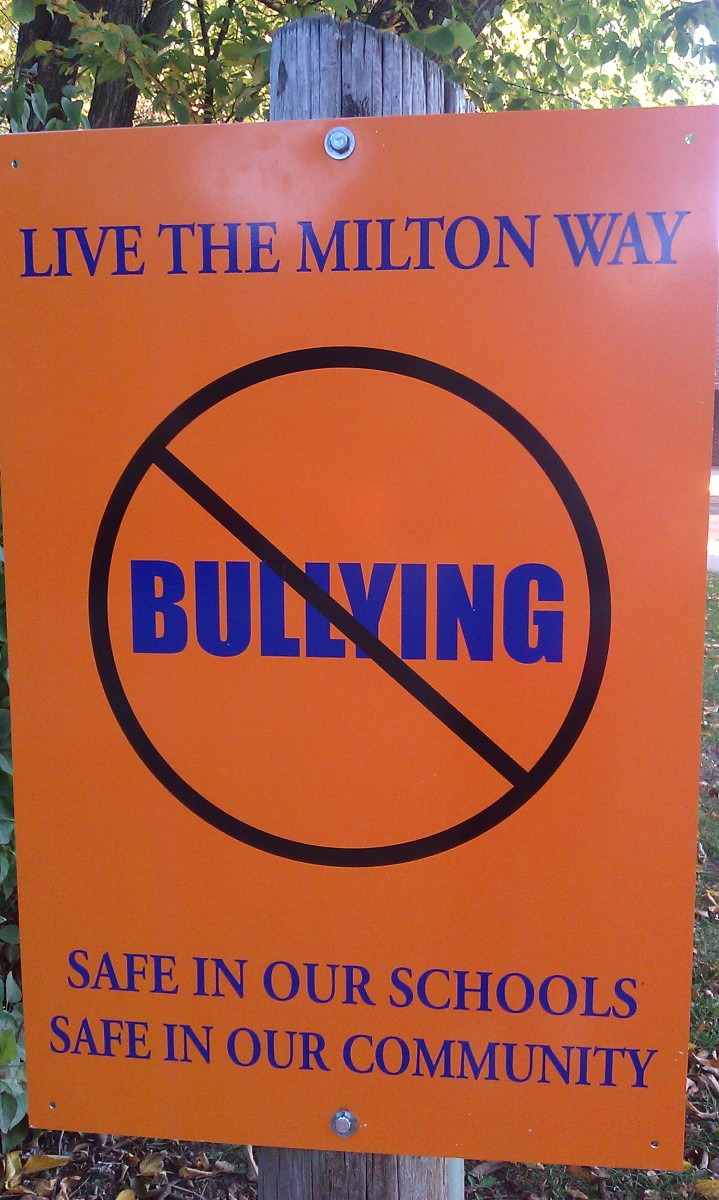A Guide to Legal Options for Victims of Cyberbullying

The modern omnipresence of social media sites like Facebook and Twitter has unfortunately led to a massive increase in cases of cyberbullying, or bullying via some type of electronic means. This problem is not limited to young children; children, teens and adults can all be victims of cyberbullying. If you have been a victim of cyberbullying, or are the parent of a child who has, you have legal options. These are a few to consider.
Some individuals feel that these type of situations should simply ignored, feeling that they will eventually go away. Judge Thomas A. Jacobs, however, disagrees, stating, “The victim and his or her parents can and should take action. Ignoring the bully will not put an end to the attacks.”
The first logical means of taking action, before involving the legal system, is simply to confront the bully’s school administrators or employers directors to request appropriate preventative and disciplinary action. However, under certain circumstances – especially if the actual identity of the bully is not known – this may be difficult, or the appropriate authorities may not fulfill their responsibilities.
Judge Thomas A. Jacobs:
“The victim and his or her parents can and should take action. Ignoring the bully will not put an end to the attacks.”
Restraining Orders
Once you decide that you have no choice but to pursue legal options, your first possibility is requesting a court-issued restraining order, sometimes known as a protective order or order of protection. Restraining orders are traditionally known for preventing one individual from physically approaching another, but the specific details of each restraining order will vary widely. They can be used to prevent all contact (including online or digital contact), or to restrict it to whatever degree is necessary. Restraining orders can be renewed as many times as necessary to protect the person being targeted.

Lawsuits
An individual who targets another through some form of cyberbullying may be open to some type of lawsuit, as can other individuals or organizations who fail to fulfill their proper responsibility of preventing such behavior. You may be able to file a lawsuit against the parents or school administrators of a cyberbully who is a minor, if they do not rectify the situation when given the opportunity to do so. Similarly, you may be able to file the lawsuit against the bully him or herself (if they are of legal age) for a variety of different legal causes, including slander, libel, invasion of privacy, mental harm, negligence and defamation of character. A lawyer will be able to advise you on the specific pros and cons of your case.

Police Intervention
Depending on the degree of severity of the cyberbullying involved in your specific case, you may need to actually get the police involved. Cyberbullying transitions from a civil issue to a criminal one (and therefore mandates law enforcement intervention) when it involves actual threats, identity theft and the like. Since the line between what is and is not technically criminal can be quite blurry, it is best to talk to the police if you feel unsafe, and let them sort out the details.
Keep in mind, however, that since cyberbullying is a relatively recent trend, many of the laws applicable to it – often referred to “cyberharassment” or “cyberstalking” laws – have not been on the books for a particularly long time. For that reason, some law enforcement personnel may not yet be completely familiar with all relevant laws and may therefore need some time to research your situation and educate themselves on how best to handle it.

Free Speech Issues
For some time the legal system has struggled with how to properly deal with cyberbullying cases without infringing on citizens' free speech rights. However, in the 2009 Cohen v. Google case, a judge ordered Google to release information about the identity of a blogger who had been harassing Liskula Cohan, a former model, online, allowing Cohen to pursue legal action against the person targeting her. This case set a crucial precedent in determining that cyberbullying is not protected under free speech laws, allowing many other victims of cyberbullying to pursue similar cases.

Preserving Evidence
Regardless of the specific type of cyberbullying involved in your situation, you should keep a record of any and all communication involved in the case. Screen capture or save any messages, emails, posts, comments and the like as soon as you see them; this could become crucial evidence later, and the guilty party may well try to delete them as soon as the realize they could be liable to legal action. If you are unable to save this evidence before it is deleted, you may be still be able to track a copy down by contacting the site that hosted the communication. If they will not release the information you are seeking, your attorney may be able to pursue more official means of securing it. Regardless, saving your own copy is still preferable if you are able to do so.

Final Considerations
One particularly tragic aspect of cyberbullying is that an innocent victim is forced to choose between allowing harassment to continue, and spending a potentially significant amount of time, money and energy in putting a stop to it via legal means. Regardless, most experts and past victims believe that standing up to a bully is well worth the unpleasantness and inconvenience involved. Many lawyers will provide an initial consultation to assess your case for no charge, helping you determine the best steps to take to put a stop to the harassment once and for all.
Which option do you think is preferable for victims of cyberbullying?
References
Vanderbilt Law Review: “Constitutionality of Cyberbullying Laws: Keeping the Online Playground Safe for Both Teens and Free Speech”
National Conference of State Legislatures: “State Cyberstalking and Cyberharassment Laws”
New York Post: “A Gaggle of Google Bully Suits”
University of Memphis: “Protecting the Victims of Cyberbullying: An Idea”
IKeepSafe.org: “Cyberbullying: When Should You Take Legal Action?”
Elon University: “Bullying and Cyberbullying: History, Statistics, Law, Prevention and Analysis”
BullyingStatistics.org: “Stop Cyber Bullying”
NoBullying: “Six Unforgettable Cyberbullying Cases”
TheLaw: “Legal Options for Student Victims of Online Bullying”








